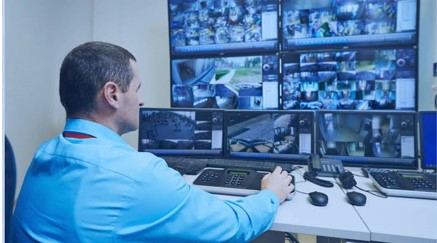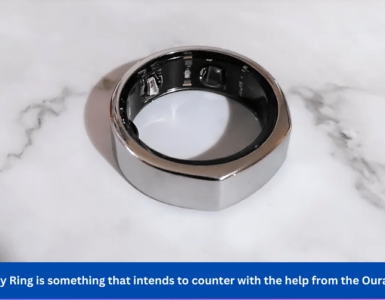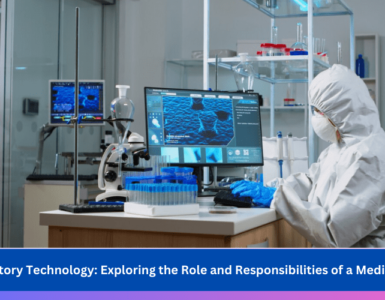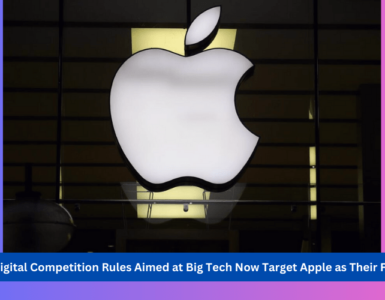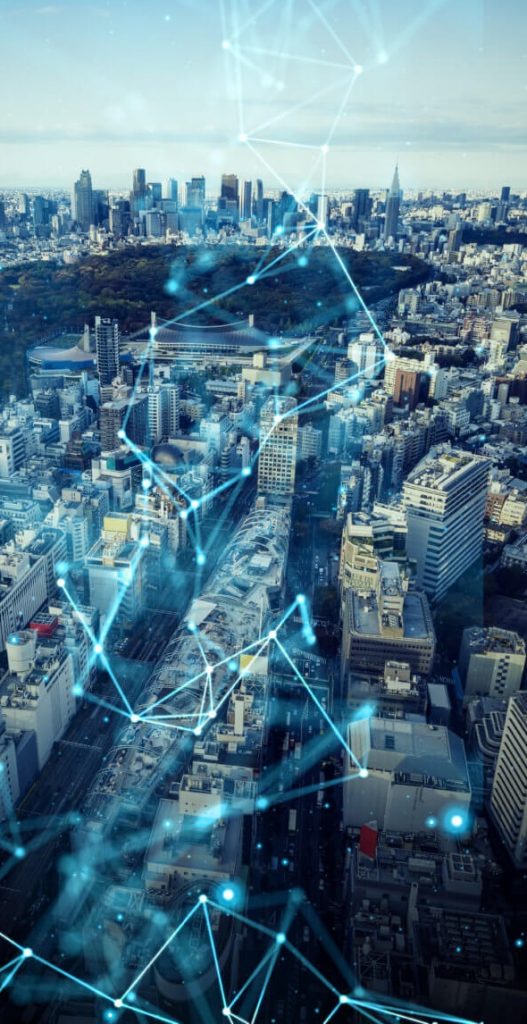Video evidence can offer a first-person, in-the-moment narrative of what happened. But for video to be accepted as evidence in a court of law, it must be thoroughly examined. That is why video forensics is used by lawyers and law enforcement officials.
Video forensics is defined by accredited international organizations like the International Association for Identification (IAI) and the Law Enforcement and Emergency Services Video Association (LEVA) as the objective analysis, assessment, and/or comparison of recordings used in judicial proceedings.
In order to process the video recording with integrity and accuracy, the video forensic procedure must be carried out in a forensic lab that is outfitted with the necessary gear and adheres to best practice guidelines.
Law enforcement organizations and litigators are increasingly using the recordings made by surveillance cameras in both public and private locations as evidence. It is now simpler to record crime scene footage that can be used as evidence in court thanks to CCTV systems, fixed and mobile digital video recorders, and other portable video recording devices.
But How Can I Collect Evidence?
There could be a number of recordings of an occurrence, depending on the situation, the surroundings, and any witnesses who could have been present. All potential forensic video or audio evidence should be first identified by the responding police or crime scene investigators. In addition to the video cameras on the location, adjacent surveillance systems could collect footage of the criminal entering or leaving a scene.
Even if the recording doesn’t seem to be very clear or helpful, it is still important to gather all pertinent videos. When seeing or hearing the raw recording, forensic enhancement may bring out information that isn’t apparent.
EVALUATION OF THE EVIDENCE
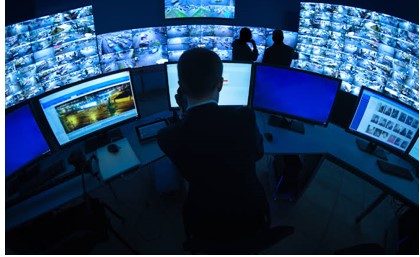

The forensic scientist starts looking at the video after gathering the evidence and watching the film. After a first viewing, they identify the interesting aspects that need to be developed and further investigated. The forensic specialist may be looking for evidence that supports witness accounts or identifies suspects.
To guarantee that the video accurately depicts the crime scene, all forensic video analysis must be carried out in a forensics lab using the appropriate equipment and following industry standards.
Using Forensic Video in Court
A video forensic scientist may analyze and improve video footage before it is used as evidence in court. The expert witness, who offers documentations on the video sequences and may testify during court procedures, consults with litigants. The video evidence must be understood by the ghent of fact, whether a jury or judge.
Details like this might be found in reports and testimony;
- What kind of processing was carried out.
- Any restrictions on the investigation.
- The kind of request being made.
- What was discovered.
- A justification for any discrepancies in the recording.
How Can Cognitech Assist?
A group of detectives and professionals with expertise in digital media forensics makes up Cognitech. In order to process legal cases and provide video forensic services, we collaborate with lawyers, law enforcement, and the US government.

